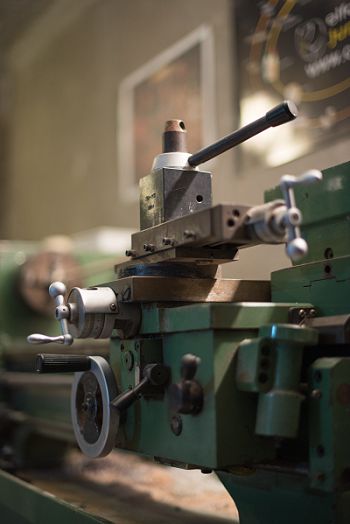
 |
 |
 |
 |
 |
 |
 |

The furniture sector provides essential products for human life and death. Furniture consists of, inter alia, objects to support human activities such as seating (e.g., chairs, stools, and sofas), eating (tables), sleeping (e.g., beds), education (school desks, cupboards library bookshelf etc.) and outdoor (garden furniture). Furniture supports objects for work (tables and desks), or to store things (e.g., cupboards and shelves). Kitchens and structures for food preparation and consumption, whether built in or free-standing form a significant element of the industry for domestic and commercial purposes. The use of wooden coffins as a final resting place is a significant application. Furniture can be made from single or combination materials, including metal, plastic, wood, glass, textiles and rubber.
Pre COVID-19, the sector saw employment numbers drop from an estimated 47,256 formal jobs in 1993 (with an additional 6,000 informal jobs) to 34,719 in 2018 (with an additional 7 728 informal jobs)5. The furniture industry is characterised by the following:
It is labour intensive - it has the opportunity to create many jobs relative to total industry turnover - many occupations are not susceptible to productive automation;
It provides work at all skills levels, ranging from semi-skilled to highly skilled with most occupations classified as skilled and/or artisanal;
There is high concentration at the customer level with a few powerful retailers representing at least one third of domestic demand, and the State another third (approximately);
The industry has diverse raw materials requirements, including wood (approximately 70 percent) metals, glass, textiles, leather and plastics, inter alia and is thus a meaningful value adding sub sector for a number of upstream raw materials providers;
It is SMME friendly. SMMEs represent 80 percent of all South African Furniture Industry firms- barriers to entry for start-ups are not relatively speaking high and capital requirements are low. Enterprises range from pure survivalist to export strong SMMEs;
It is a major contributor to value added for the Forestry sector, in domestic and export markets;
Its products can be provided at many price points to many markets (from a ZAR100 for a very basic bed sold in many townships, to a bed worth ZAR30 000 and higher);
It is largely gender equitable, and employs a high percentage of women in some sub sectors and;
It can be practically and extensively leveraged by the State through procurement thus facilitating transformation and localisation.
The South African Furniture Initiative ("SAFI") is a joint initiative of industry, labour and government, and thus has the common interest of promoting development and growth of the South African furniture industry for the benefit of all stakeholders.
Provide market intelligence information.
Facilitate training, mentoring and other support services.
Promote the South African furniture manufacturing industry and associated furniture design.
Facilitate access to domestic and international markets, especially for small, and previously disadvantaged individual (PDI) owned enterprises.
Determine and facilitate the development and implementation of initiatives and programmes to enhance the performance of the South African Furniture Industry and to grow the industry.
Sustain existing employment and create new employment opportunities within the furniture industry's value chain.
Facilitate the development of strategic relationships throughout the furniture value chain.